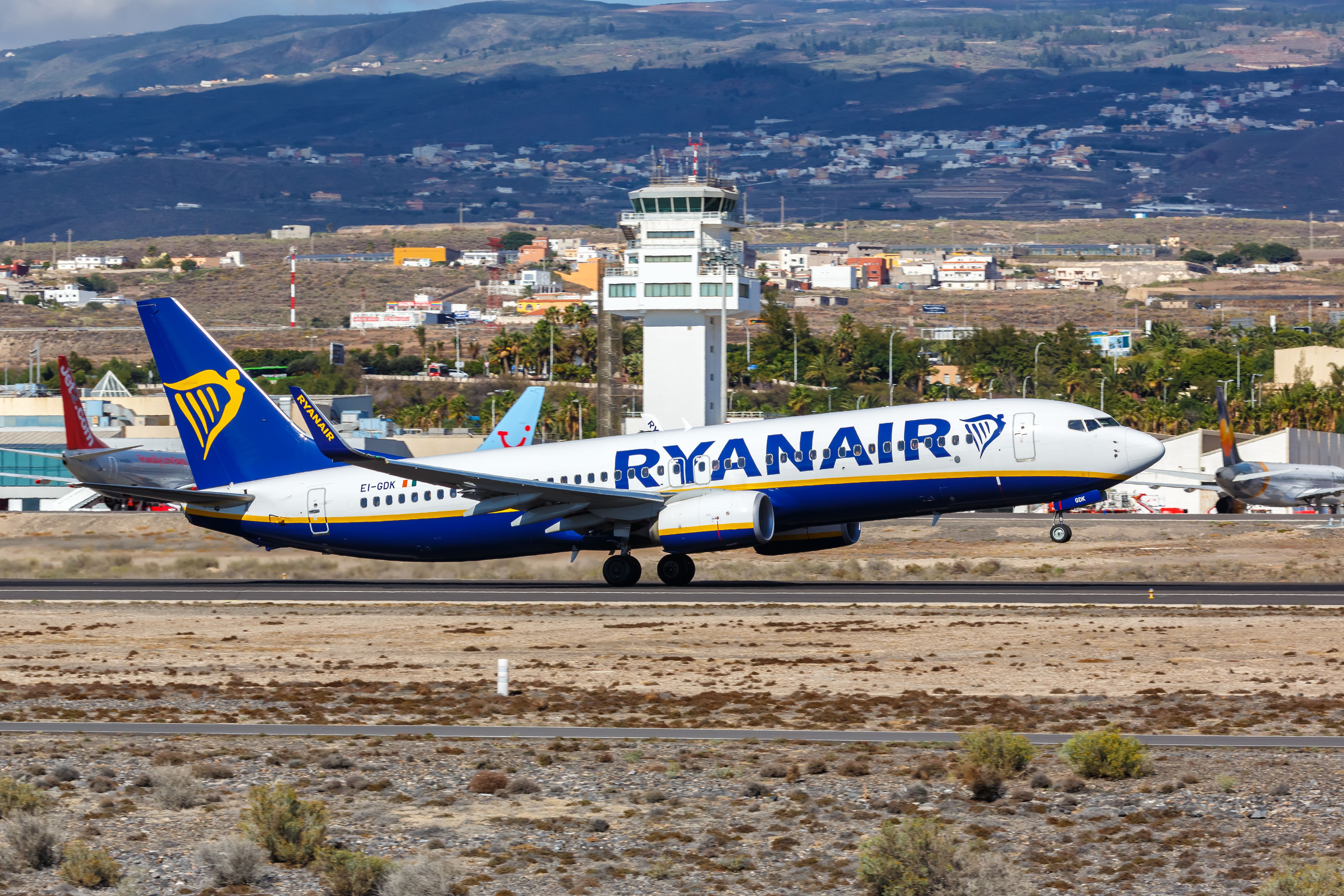Summary
- Superstition around numbers influences the omission of row 13 on Ryanair and Lufthansa flights, as well as other airlines like Air France and Virgin Atlantic.
- The number 13 is considered bad luck in various cultures, leading to its avoidance in many aspects of everyday life, including airline seat numbering.
- Airlines prioritize which unlucky numbers to omit based on their most common destinations and passenger demographics, taking into account cultural beliefs and superstitions to ensure a pleasant flight experience.
Frequent Ryanair travelers may have noticed the absence of row 13 on the airline's flights. It’s not just a mistake. There is no row 13 on any Ryanair aircraft for a reason. It’s the same reason you won’t find a row 17 on Lufthansa flights.
Unlucky for some!
There’s something about flying which brings out superstition, even in people who aren’t usually all that superstitious. It’s probably the feeling of a complete lack of control once you’ve strapped into your seat and the engines begin to throttle up. As soon as you start to hurtle down the runway, you may realize just how little control you have over the next few hours.
Superstition comes in many forms. One of the most common is a superstition about numbers. Some cultures see specific numbers as lucky. China with the number eight and the US with the number seven, for example.
The number 13 is seen as fortunate in some cultures. However, for one reason or another, several people associate it with bad luck. Religion, politics, and astrology have all influenced this thought process over the centuries.
Notably, the number has given rise to the concept of Friday the 13th and is omitted from many aspects of everyday life for the sake of avoiding bad luck.
Get the latest aviation news straight to your inbox: Sign up for our newsletters today.
In motorsports, in particular, the number 13 was avoided like the plague for many years. The number 13 was not used in the Indianapolis 500 between 1915 and 2002 and Formula One between 1977 and 2013.
Just as the number 13 was avoided in motorsports for so many years, certain airlines also avoid the number when it comes to seat numbering. In Europe, these include Air France, Iberia, Virgin Atlantic, and Lufthansa.
In the United States, most United Airlines aircraft skip 13. Some Alaska Airlines units, namely the 737-800, follow suit.
In the Middle East, several passengers will have noticed that the likes of Emirates and Qatar Airways also sip row 13. Hong Kong Airlines, Thai Airways, and Singapore Airlines are among those that are not fans of row 13 in Asia.
Which other numbers do not appear on certain airlines?
The number 13 isn’t the only number omitted from seating plans on some carriers due to superstition. The number 17 is considered bad luck in Italy and Brazil, and, as a result, Lufthansa includes neither row 13 nor row 17 on its aircraft.
Lufthansa is unusual in its omission of row number 17. The number is considered unlucky in Italy and Brazil, but the operator is by no means the only carrier that serves these countries.
On its website, Lufthansa explains the reasoning behind its decision to get rid of row number 17:
“In some countries, for example, Italy and Brazil, the typical unlucky number is 17 and not 13. Seeing as Lufthansa welcomes a lot of international passengers we try to consider as many of these specific cultural beliefs as possible. That way, all Lufthansa passengers can enjoy a pleasant flight!”
Another omission is the number 14 from United Airlines Polaris seating plans. This is due to a superstition around the number in China, which sounds similar to “is dead” in Mandarin.
Along with skipping row 13, Cathay Pacific has also removed row number four from its seating plans because the word four sounds like “death”.
We'd love to see you on Instagram - follow us here!
How do airlines choose which numbers to omit?
When taking into account all the various cultures that there are around the world, almost all numbers are probably unlucky somewhere. If airlines were to consider this and get rid of all row numbers which someone somewhere considers unlucky, the situation could get a bit overwhelming.
Thus, airlines prioritize which unlucky numbers to get rid of based on their most common destinations, as well as who flies with them most often.
What are your thoughts about the mystery surrounding the number 13 on aircraft? What do you make of these superstitious associations? Let us know what you think of the overall trend in the comment section.

